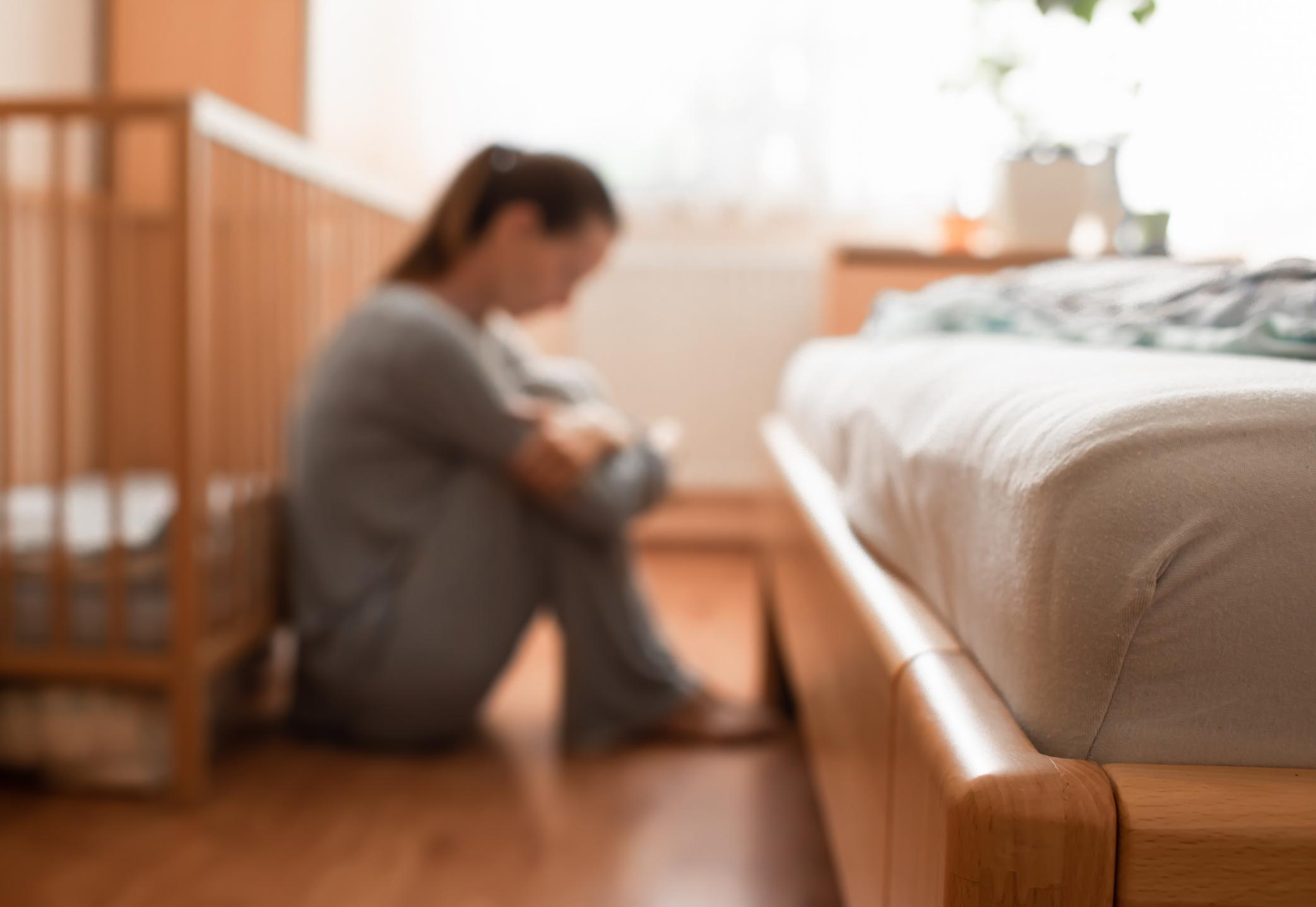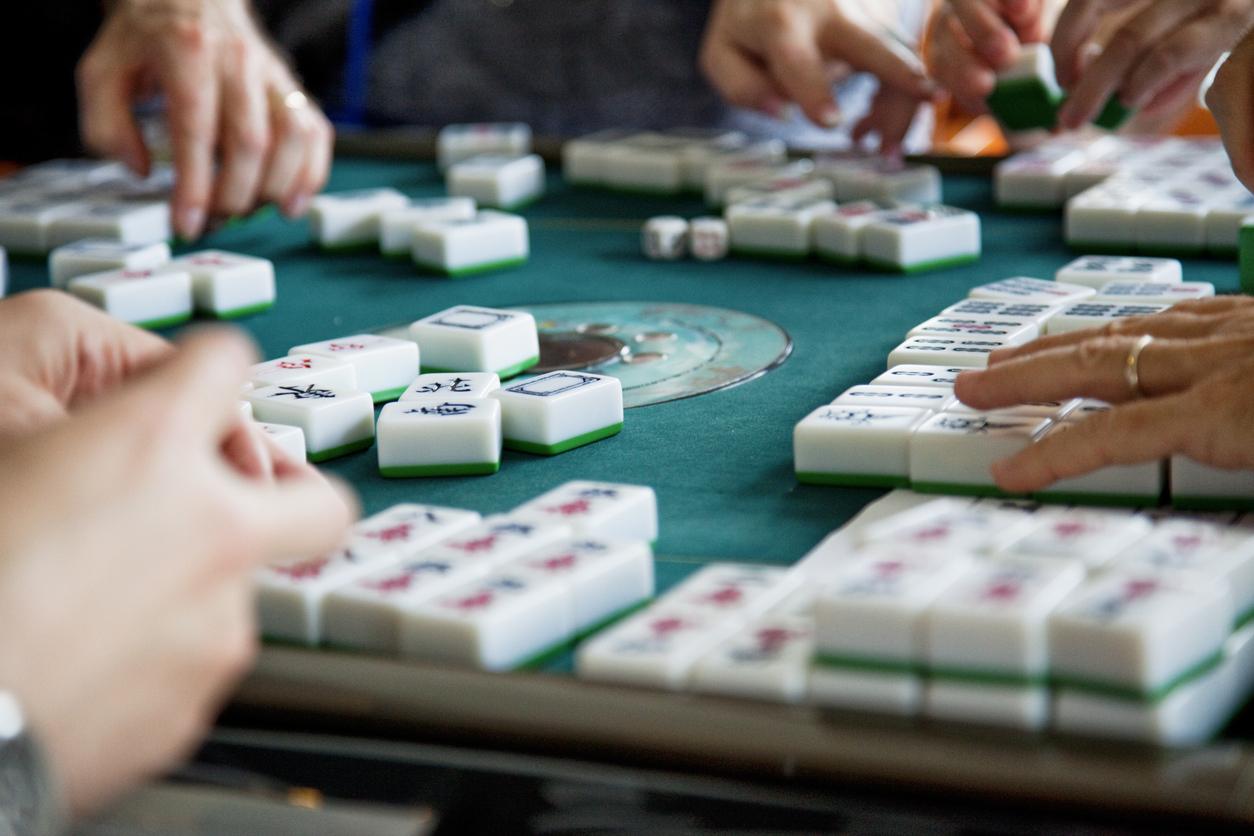In a press release published on June 5, the FondaMental Foundation warns of the consequences of the pandemic and confinement on mental health and launches a campaign to appeal for donations to support psychiatry in these difficult times. Why doctor questioned his director, Marion Leboyer.

In France, 12 million people, or one person in five, were followed in psychiatry before the health crisis. More are expected in the coming months. This is why, on June 5, the FondaMental Foundation published a press release in which it warns of the consequences of the pandemic on mental health and launches a fundraising campaign to support psychiatry in these difficult times. Why doctor questioned the director of the Foundation, Marion Leboyer, professor of psychiatry at Paris-Est Créteil University and head of DMU Impact at the Henri-Mondor hospital group, on the subject.
How were patients with psychiatric pathologies cared for during confinement?
The majority of us used teleconsultations to ensure that our patients continued to be followed and to give them prescriptions when necessary. Thus, patients who were followed by a city psychiatrist or a hospital were not abandoned. The teleconsultation has finally been deployed, to the greatest satisfaction of all. Overall, the majority of mentally ill patients coped with the lockdown well, if not too well. In the Ile-de-France region, for example, there was a 50% reduction in visits to psychiatric emergencies, which is considerable.
Several psychiatrists have testified to the fact that their patients had experienced confinement relatively well…
It depends a lot on the pathologies. It is true that the anxious have experienced it rather well. Patients who were more subject to stressful situations or who had social difficulties appreciated the isolation, withdrawal, the fact of not being subjected to a series of sound stimulations…. On the other hand, patients with severe schizophrenia, who were, for example, cared for in the day hospital where they are stimulated through various exercises, have rather seen their case worsen. As for bipolar patients, many of them have suffered from the break in rhythm. Everything we try to do normally, to push them to respect a regular diet or stable sleep schedules, has been very difficult to maintain during confinement.
Now that the confinement is over, are the psychiatric services more saturated than before? What are your fears for the future?
Our services have always been saturated but now we expect to see new patients. Many French people have been affected by stress, social isolation, sleep disorders, etc. There has been a considerable increase in addictions, which have triggered depressive episodes and anxiety disorders, sometimes severe, including post-stress. traumatic. Several surveys also show that women have particularly suffered from confinement. Many of them have had to deal with telework, the education of children, the house… Some have even suffered from domestic violence.
We also know that many caregivers have experienced extremely painful and traumatic situations. Some needed psychological and psychiatric care during the confinement. At the Henri-Mondor hospital, where I work, we have taken care of a lot of them and this will continue.
What’s more, the economic difficulties and unemployment that await many French people will inevitably lead to depressive episodes in people who may be predisposed. Finally, it is important to remember that we have seen during previous coronavirus epidemics that patients who had been infected were more likely to suffer from mood disorders afterwards. In effect, the cytokine storm and the inflammatory anomaly give rise to depression… In Italy, this year we have seen an increase of more than 30% in depression among people who have suffered from Covid.
We must therefore be very alert and able to ensure this increase in the number of cases that will follow the health crisis. Thus, we are convinced that the psychiatric consequences of the pandemic and confinement are not behind us. On the contrary, it is to come.
During confinement, you set up CovidEcoute, a platform for French people in psychological distress…
We opened the CovidEcoute platform on April 15 to help people during confinement, but we closed it. It was a completely voluntary action set up by the FondaMental foundation and its partners. We succeeded in mobilizing 200 volunteers, specialized in the management of mood disorders and anxiety disorders, who made themselves available to the platform to help callers. There were more than 1,000 consultations, it was very fast. We found that the vast majority of callers were first-time consultants, people who had never had contact with psychiatry before. We also noticed that women and people in precarious situations were more affected.
If confinement has been complicated for many people, some are especially shaken by deconfinement and are now afraid to leave their homes…
We are not bad at home. We are less exposed to relational difficulties, to the stress of work, to a whole series of constraints of timetables or transport… Those who are anxious may have lived through this period better than the current one. If each case is unique, it is certain that this situation of deconfinement is distressing.
We have to relearn how to do things that were stopped for a long time, we don’t really know if the virus is still there or not, what the professional and economic consequences will be… We still hear a whole series of worrying things. Many people have told us:It was much easier for me during confinement where I was told very clearly what I had the right to do or not to do, whereas now where we don’t really know what will happen in the long term. …”.
Today, there are risks of mood disorders and anxiety disorders. If you have any doubts about being depressed or anxious, do not hesitate to consult. These are real illnesses, they must be taken care of and they can be cured easily. It is not unlikely, after what one has just experienced, to have developed an anxious or depressive pathology. Even for people who had never had one before.
FondaMental has launched an appeal for donations campaign to support mental health research and care and prevention actions…
The manifesto has several purposes. The first is to draw attention to the fact that, more than ever, psychiatry needs support. It was already the weak link in the system but today we really need mobilization.
We are going to develop a new platform with the objective of facilitating and accelerating access to care for patients, whether they are patients in default of care or new patients who need a psychiatrist, a addictologist, a psychologist… We know that many people are slow to access care because they struggle to find the right professional. We are therefore in the process of developing tools that will help them in their research and will allow teleconsultations to continue. So we need funds for that, but also of course for research.
Many studies are needed on Covid and psychiatry and on Covid and mental health. We need epidemiological studies, for example. It is not known whether patients with psychiatric pathologies were more or less exposed to Covid infection. However, it is extremely important to know whether there are risk factors or, on the contrary, protective factors. We must learn from this epidemic in order to be well prepared in case a similar event happens again.
It is also for this reason that we also need to understand the psychological consequences of confinement: who are the most vulnerable people and what should have been put in place to help them? It also seems essential to study the influence of teleconsultation: is it a good thing or not?
Finally, a whole series of biological research is needed. After Covid, are we more at risk of developing psychiatric pathologies, in particular anxiety and mood disorders? What happens at the level of the immuno-inflammatory terrain of patients?
To help vulnerable people and support psychiatry, people have to get involved and sign the manifesto. Once you have signed, we offer to donate.




.

















